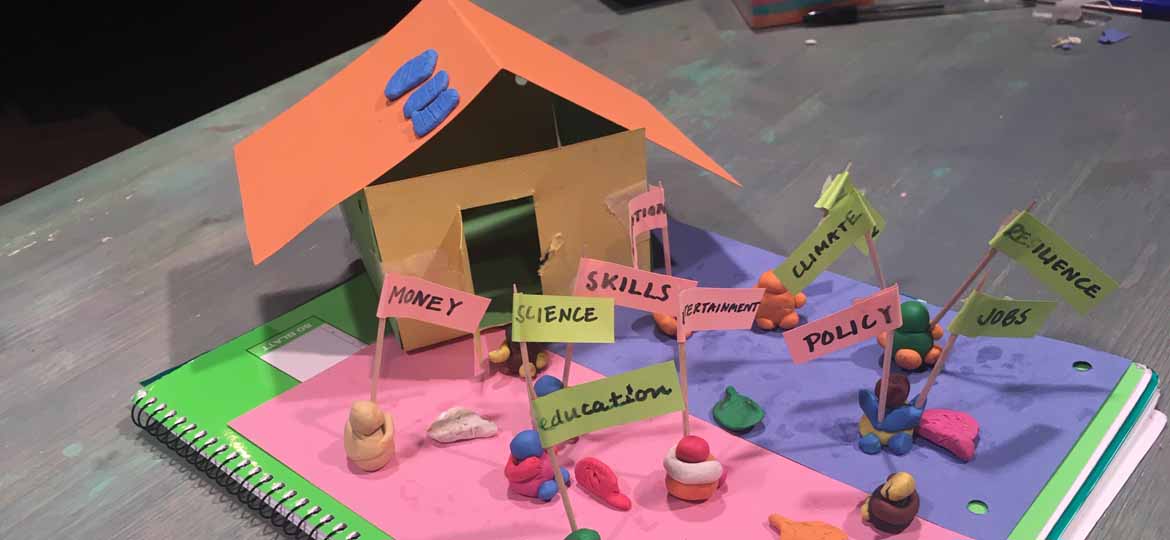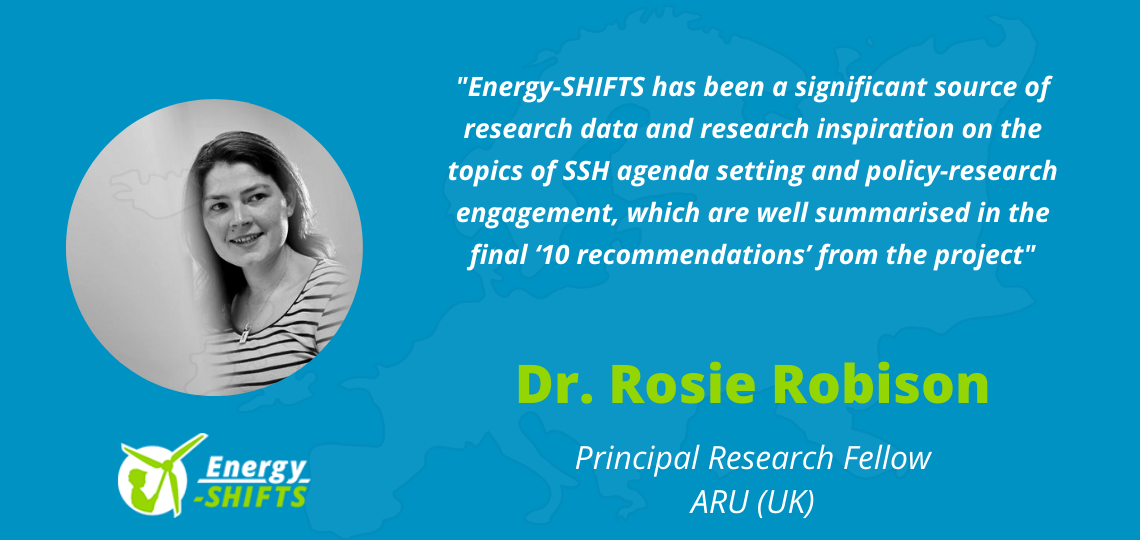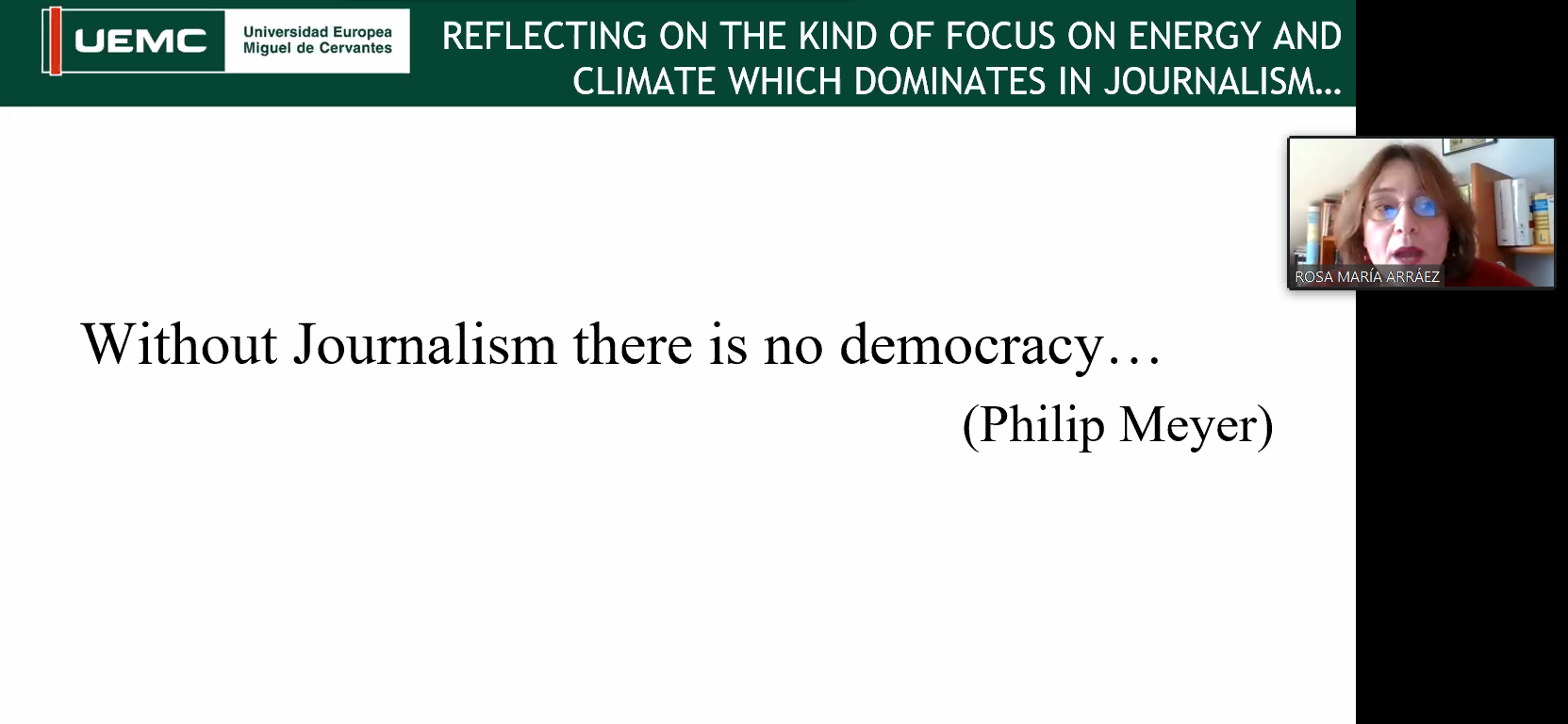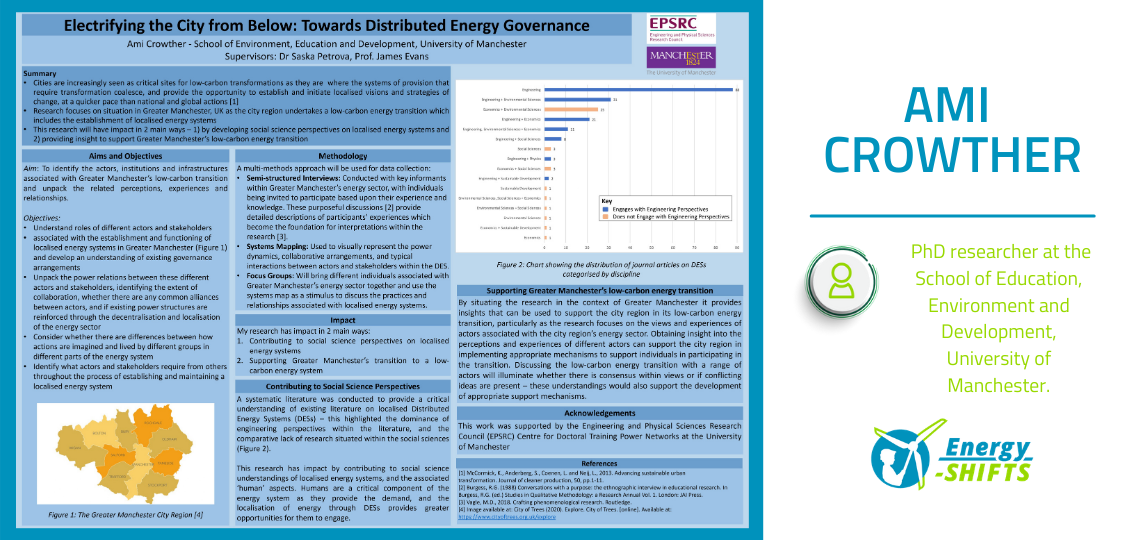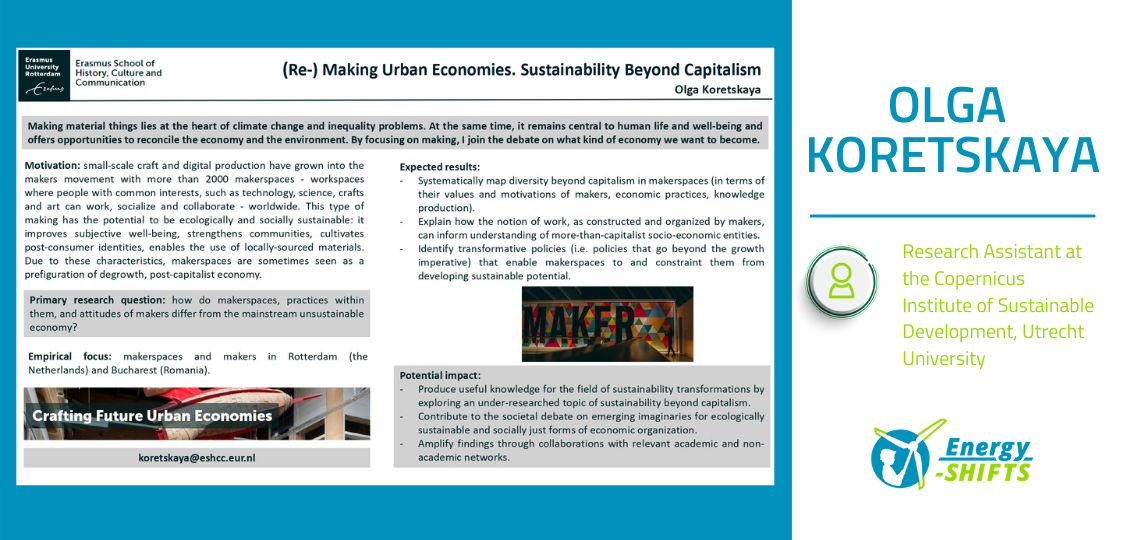Ami Crowther is a PhD researcher at the School of Education, Environment and Development, University of Manchester.
NGOs, academics, public officials and think tanks coming together to identify how SSH can contribute to the acceleration of a just transition – a diverse group, with diverse understandings and experiences but a shared ambition of achieving just transitions.
On Thursday 27th June, in the heart of Prague, a diverse group came together to discuss just transitions in coal-intensive regions of Central and Eastern Europe.
The range of individuals present – from NGOs to public officials, academics to think tanks – highlights the increasing importance given to achieving just transitions. But, how do you achieve effective communication, discussion and sharing of ideas within such a diverse group?
Facilitating communication amongst varied stakeholders
Fortunately for those attending, the structure of the day helped achieve these goals.
The ultimate focus of the day was enabling conversation – through these conversations it allowed experiences to be shared, potential solutions proposed, and key components identified.
The first technique used to obtain these understandings were small group discussions orientating around set questions. Each group worked through 3 stations – considering the injustices present, the individuals that are left behind during transitions, and the fairness of current processes of remediation.
These focused discussions enabled all participants to engage with the topics; a breadth of views were heard, most reinforcing of each other, although some unique standpoints were voiced. Regardless of what participants were saying, the points made were encouraged, accepted and informative to conclusions.
The second technique for engaging participants and developing understandings of just transitions required them to engage with their creative side.
Participants were again split into groups, and posed with the task of representing the steps required to achieve a just transition creatively. With plasticine, paper, post-its and coloured pens as their tools, these groups were left to express themselves and their vision.
So how did the budding artists fare? Could they represent their vision effectively?
Each group approached the task from a different creative angle – there were model houses with plasticine figures transformed into a stop-motion animation, an informative 3-D poster built up using models to represent key points and add colour, and a model tiger created to represent an ‘idea and talent hunter’. Each output effectively captured necessary components of achieving a just transition.
The diversity of components reflected within these creative representations highlights the complexity of achieving a just transition, and how different individuals prioritise different dimensions. To achieve a just transition, these differing viewpoints, understandings and priorities need to be considered.
What we learnt about achieving just transitions
Through the diversity of activities undertaken to obtain understandings, experiences and perceptions, it allowed conclusions to be drawn about how the social sciences and humanities can support a just transition.
A key point raised throughout the day was the importance of communication and collaboration between different stakeholders in order to achieve a just transition. Both communication and collaboration were core components of the workshop – in the smaller group discussions, the creation of artistic models, and identification of key agendas going forward.
Thus, it was not only the outputs of the workshop that have helped identify how SSH can support a just transition, but the activities of the workshop itself as through these it demonstrates how to achieve effective engagement and communication between a diversity of individuals with differing understandings and experiences.

Ami Crowther is a PhD researcher at the School of Education, Environment and Development, University of Manchester.

